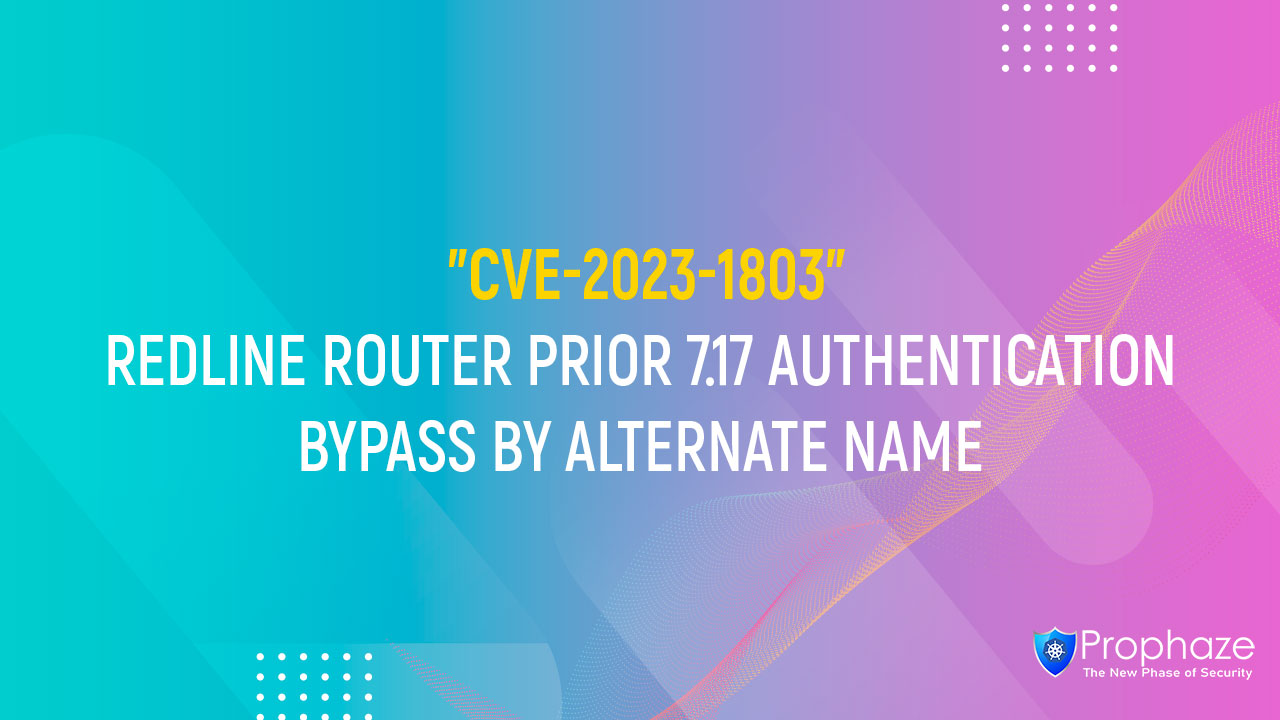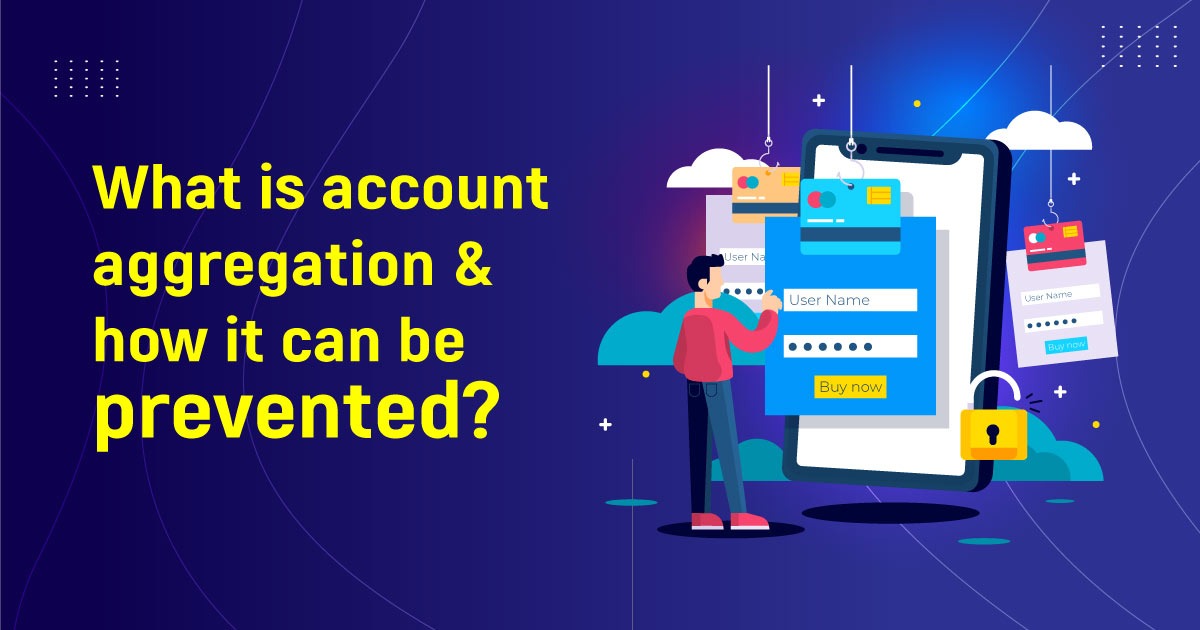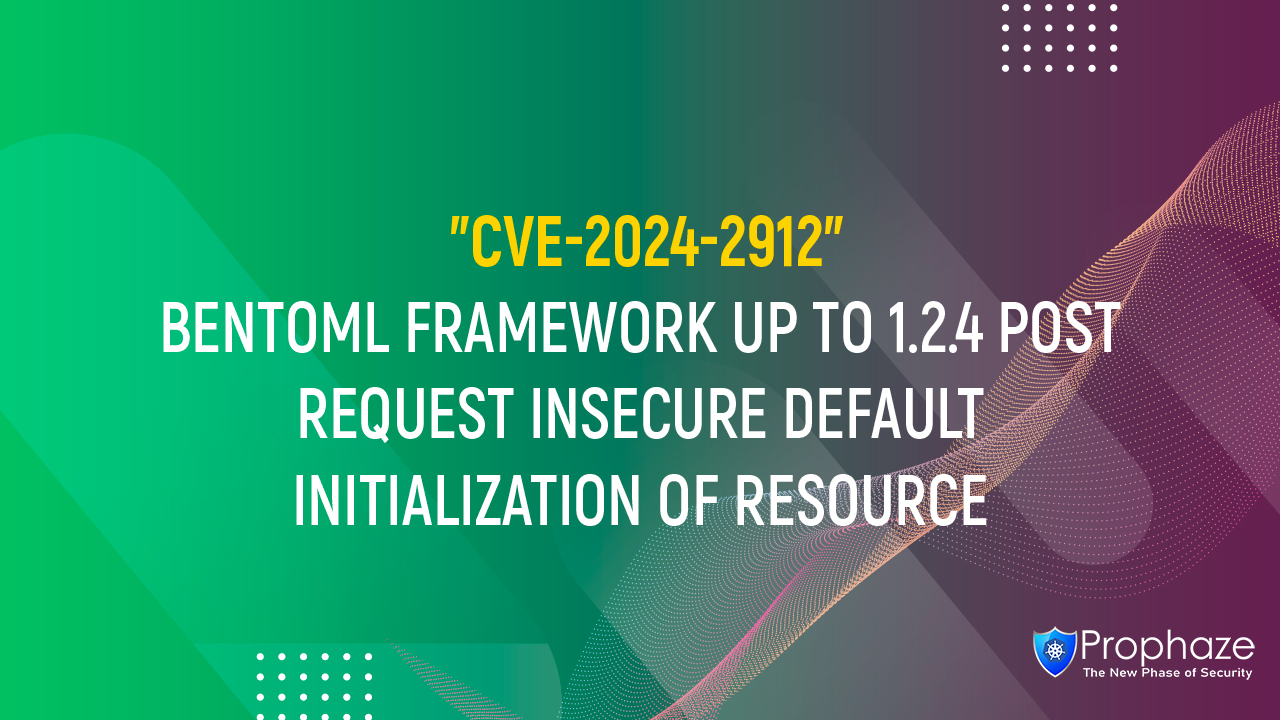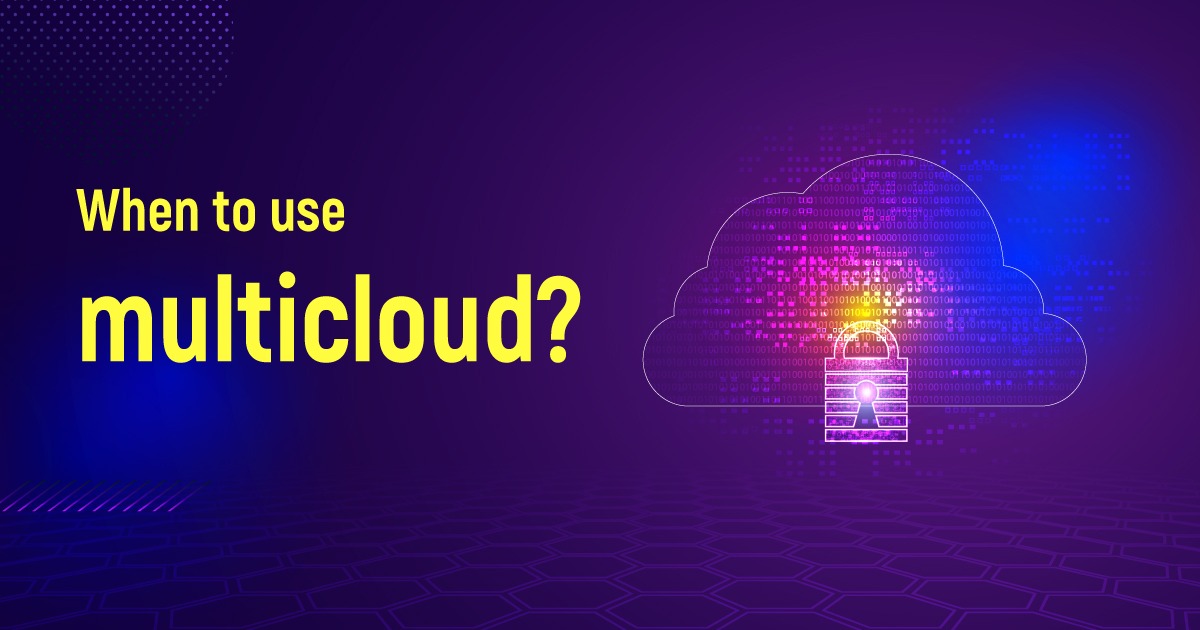Since COVID-19 has hit the world with its wrath, the business world has turned upside down, companies are shifting to cloud-native platforms, and the work-from-home culture is here to stay. And with all these business transformations, cyber security is also challenged with new threats and attacks.So, here we have compiled the latest 10 threats to cloud security you need to save your business from:
- Banikoara Phishing attacks-
Phishing started with fraudulent emails and messages that are sent from seemingly trusted senders in order to access someone’s personal and confidential information like passwords, debit & credit card information, and other sensitive information.
The latest LinkedIn Phishing Scam is an eye-opener for those who think big bulls are safe from cyber-attacks. LinkedIn is one of the most popular social networking platforms, faced drastic data breaches when attackers stole data of about 500 million users and sold it online. They used to send fraudulent job offer e-mails to people containing malicious links through which they used to steal the receiver’s personal information.
Therefore, one of the ways to stay protected from phishing is to keep your employees aware and train the cyber security team to shield themselves from such attacks.
- buy accutane online europe Ransomware Attacks-
Another dangerous and very popular attack where a hacker locks the victim’s files, holding this information as ransom. It is usually spread through phishing. The worst part of ransomware is that there’s no guarantee of recovering the victim’s data even after fulfilling the attacker’s demand.
- Advanced Persistent Threats (APT) –
APTs are large groups of hackers that use unauthorized access to a network for a long period. They target intrusions at a large scale and steal, spy, or even disrupt businesses. The target sectors often include defense, financial services, legal services, etc. The long time period of being undetected helps attackers to fulfill their objectives which makes them harmful.
- Injection Attack-
Counted as one of the most dangerous cyber-attacks, injection attacks are untrusted codes sneaked into some program and when executed can lead to data theft, data loss, and a compromised security system. The most popular kind is SQL Injection among others where an attacker can retrieve various essential authentications and access the entire database.
- Denial of Service (DoS) Attack-
Here, the attacker blocks access to certain or all the data, applications, or even systems. These kinds of attacks are common among large enterprises running on databases like banking and e-commerce websites. The two kinds of DoS attacks include Flood attacks where a large amount of unfiltered traffic is sent to the system exposing it to disruption or stop. Another way is Crash attacks where the system is exposed to vulnerabilities due to which it crashes down. DoS attacks are regarded as elevated attacks and hold higher concern in the cyber world.
- Malware-
Malwares are common attacks where attackers create and send malicious codes to hack or exploit the victim. Ransomware, spyware are some types of malware attacks. With databases and work culture going online, malware threats are common yet cause drastic harm to systems.
- Database Exposure-
As the term itself reveals, database exposure is a breach where an organization’s database is exposed, exposing lots of its confidential information and secrets that serve as an essential entity to the organization. The information can be used by hackers in any way they want. Therefore, it is very important to keep the cloud security of your company on the top of your priority list.
- Social Engineering-
Social Engineering breaches happen when an attacker tries to trick someone into breaking the security standards and manipulate them by luring them into their fake sob-story or tactics as such. Social Engineering hackers play with human emotions.
There are uncountable incidents of the pandemic during which frauds tried to lure someone into believing their story and collect their personal information like birthdates, credit card information, etc.
Give it some thought- Your Company’s data security is just as important as building large revenues.









